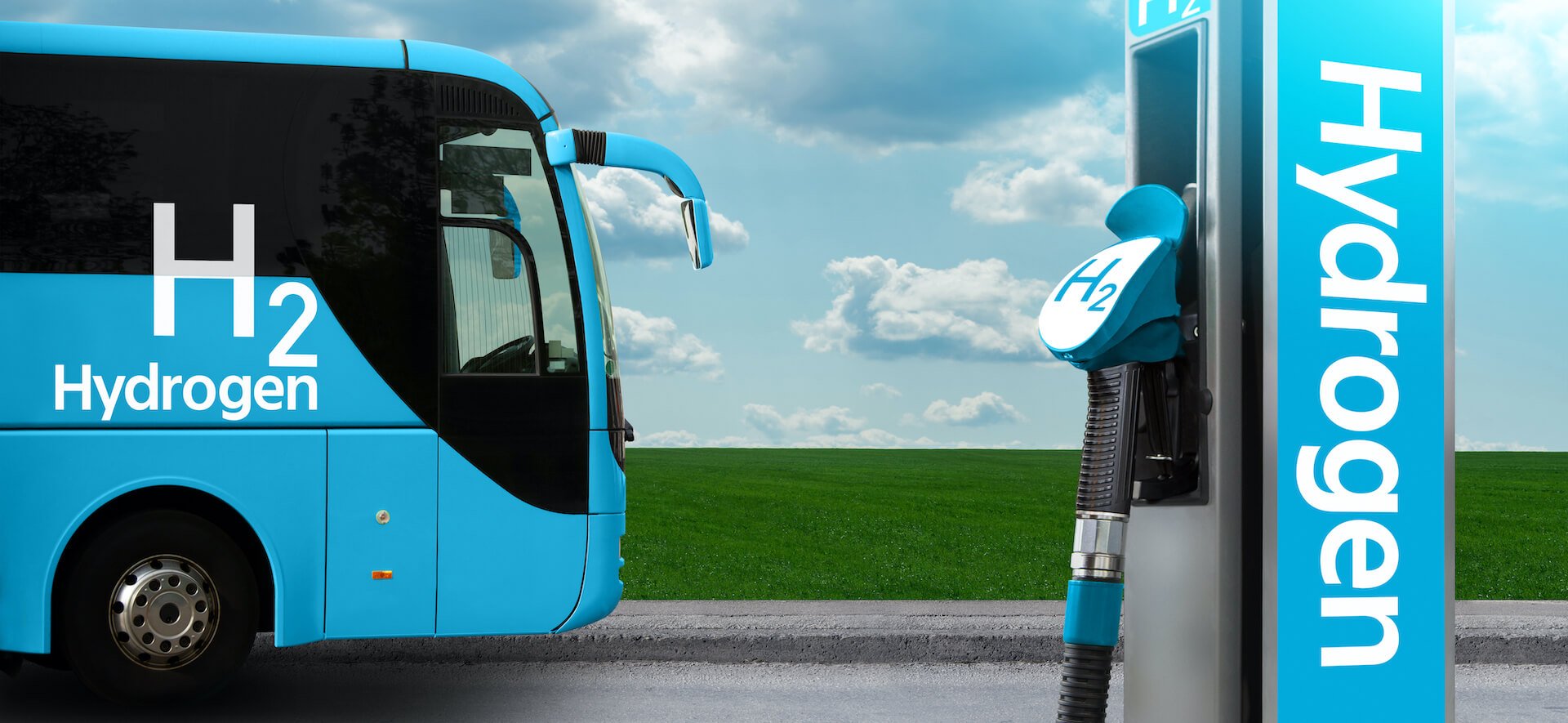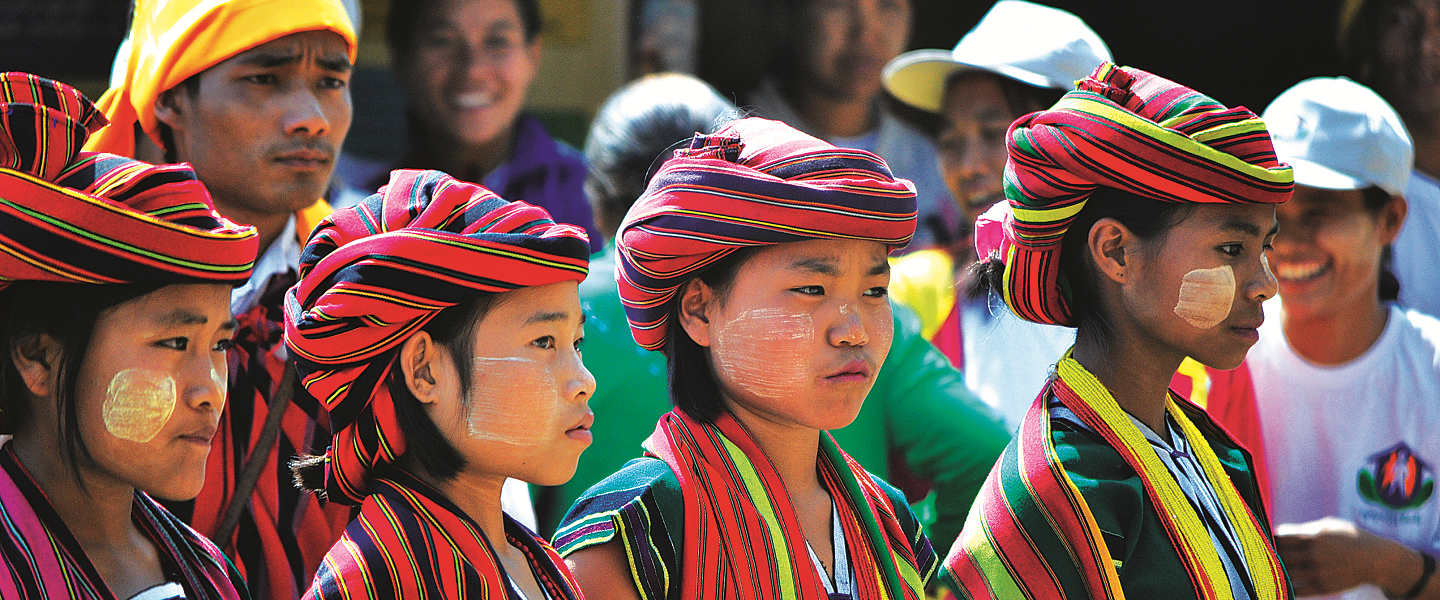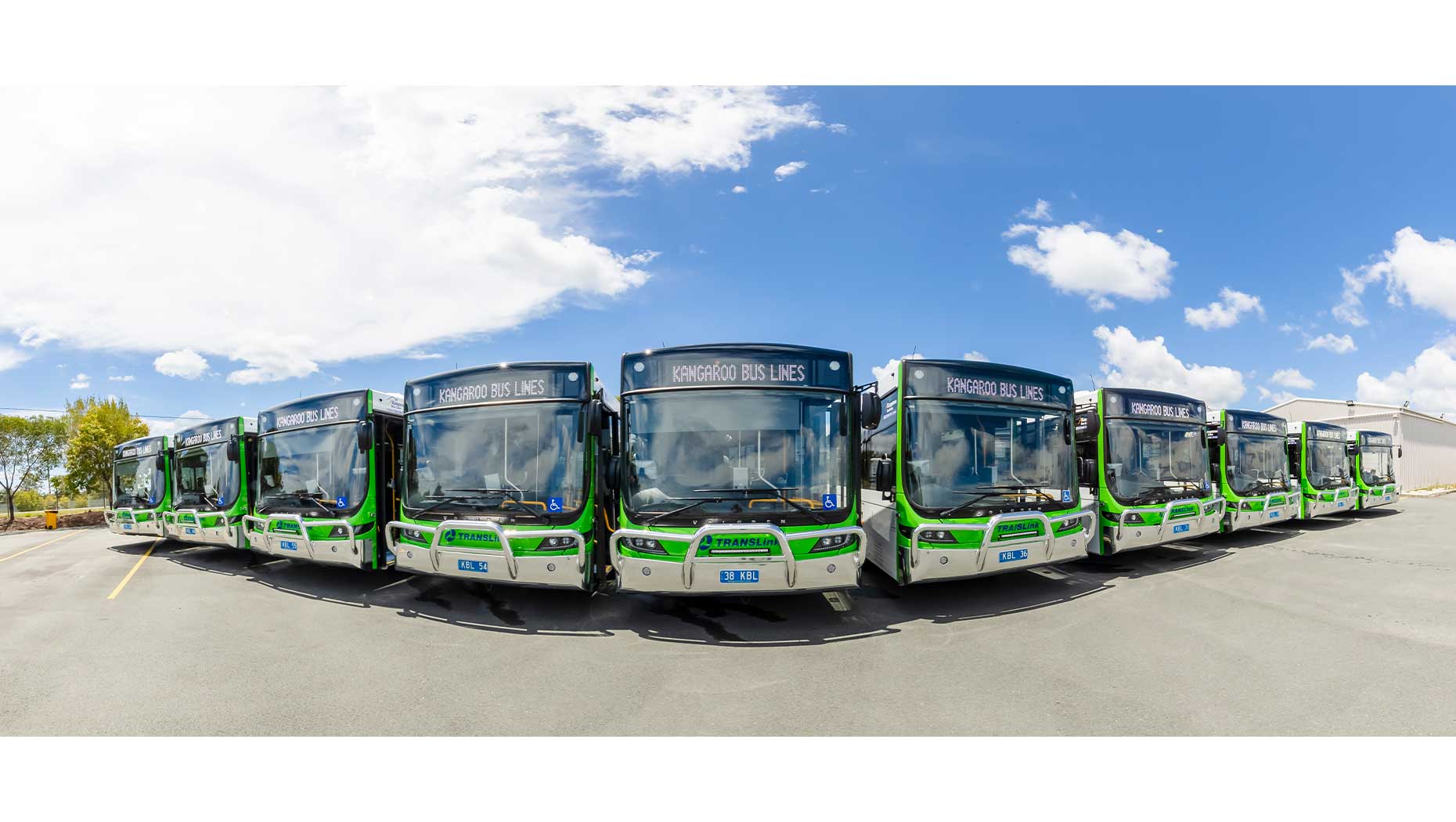
by Carinthia, Austria | Oct 31, 2024 | (V.D.06) Clean Air, (V.D.07) Transportation
Infineon Technologies Villach uses hydrogen as a carrier gas in the waver-production line. The company produces sustainable hydrogen via hydropower. This green but impure hydrogen will then be cleaned up to the level needed for re-use in hydrogen buses.

by Carinthia, Austria | Oct 31, 2024 | (V.D.06) Clean Air
Summing up we can say that regarding clean air the current policies, practices, or interventions are taking measures to reduce greenhouse gases, and air pollution and to stop climate change in Carinthia. With the various funding programs, the Carinthian residential...

by San Luis Potosí (San Luis Potosí), Mexico | Oct 31, 2024 | (V.D.01) Housing, (V.D.03) Education, (V.D.04) Healthcare, (V.D.05) Safety, (V.D.06) Clean Air, (V.D.07) Transportation, (V.D.08) Affordability, (V.D.10) Vulnerable Families
A common effort to provide adequate knowledge and tools for the design and implementation of family-oriented and family-sensitive policies.

by Vicenza (Veneto), Italy | Oct 31, 2024 | (V.D.06) Clean Air, (V.D.08) Affordability
Supporting cities to establish collaborative labs to improve policies, networks, and practices, to innovate the CRFS, and to make them much more sustainable, placing consumers and citizens at the core of solutions. – Activating labs in 10 cities + 2 regions of...

by Sao Paulo (Sao Paulo), Brazil | Oct 31, 2024 | (V.D.02) New Technologies, (V.D.03) Education, (V.D.06) Clean Air, (V.D.09) Leisure and Tourism, (V.D.10) Vulnerable Families
Aiming to promote technological inclusion, the Coordination of Policies for Indigenous Peoples supported the survey of local infrastructure for the implementation of an internet network in the indigenous villages of Jaraguá, in partnership with a group of civil...

by Sao Paulo (Sao Paulo), Brazil | Oct 31, 2024 | (V.D.06) Clean Air, (V.D.07) Transportation
The City of São Paulo works so that, by the end of 2024, at least 20% of the municipal bus fleet will be made up of vehicles with a clean energy matrix, bringing numerous advantages: the most significant is that this technology enables zero emission of pollutants,...







